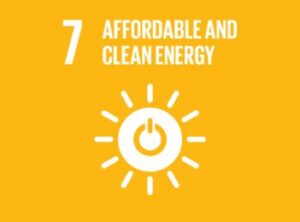Climate Litigation
The Aarhus Convention’s Relevance for Climate Litigation Through the Lens of KlimaSeniorinnen
Professor Christina Eckes and Tessa Trapp have written a blogpost for the website, European Law Blog about the ECtHR’s statement that the Aarhus Convention is not applicable in climate litigation.
The ECtHR held that States have a human rights obligation to mitigate the climate crisis. It heavily relied on the Aarhus Convention to broaden standing of environmental associations but noted in passing that it is not applicable to climate litigation. We disprove this statement.
Against the background of the widespread failure of states to address the climate crisis, litigation is increasingly seen as a key tool for shaking public authorities into action (e.g., Eckes 2021; KlimaSeniorinnen, paras 412, 420-422).undefined Showing that they have standing, however, is one of the most difficult hurdles for litigants to overcome when turning to the judiciary to ask for better protection from the climate crisis. Litigants, both individuals and (environmental) associations explore various avenues and frameworks that allow them to access courts for this purpose. In April 2024, the KlimaSeniorinnen judgment by the European Court of Human Rights (ECtHR) paved the way for a new role of associations within climate litigation against public authorities.






